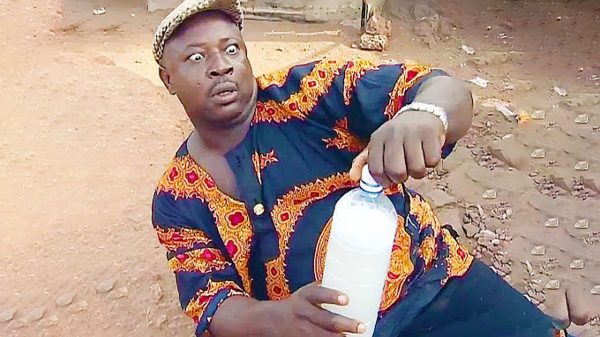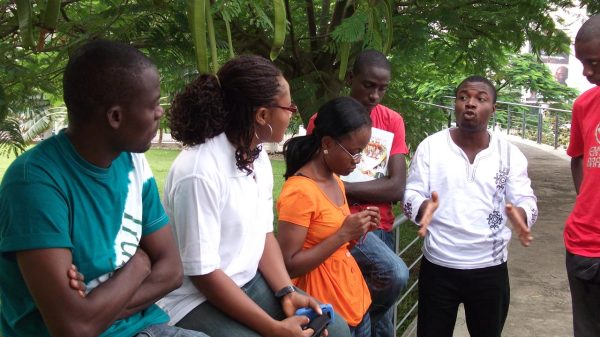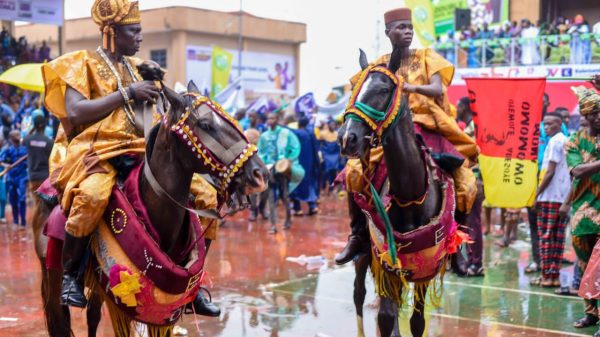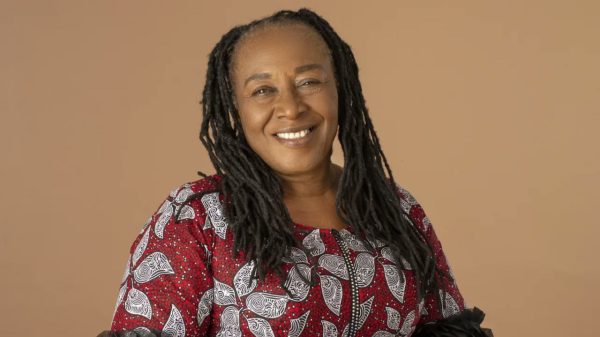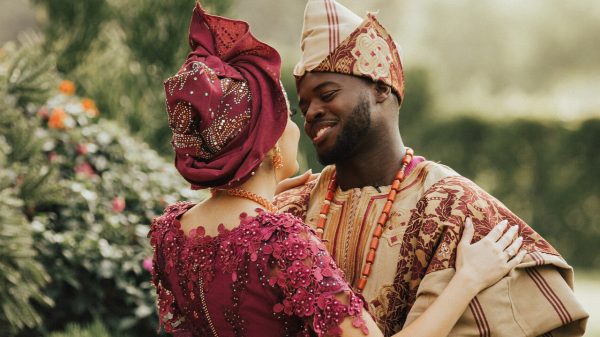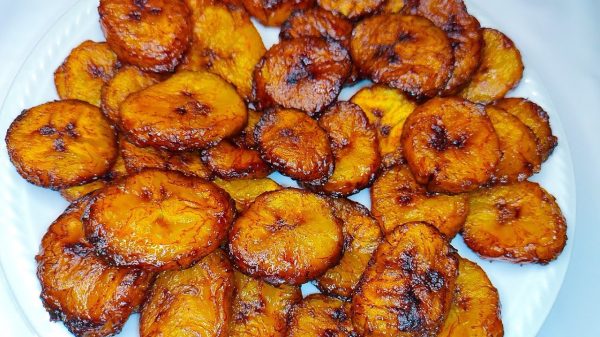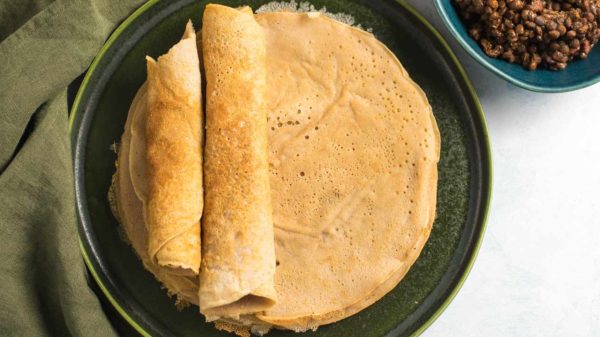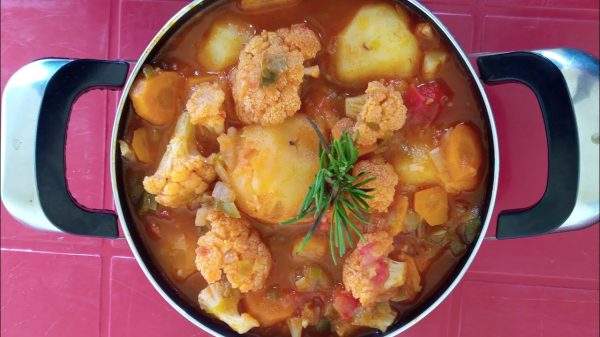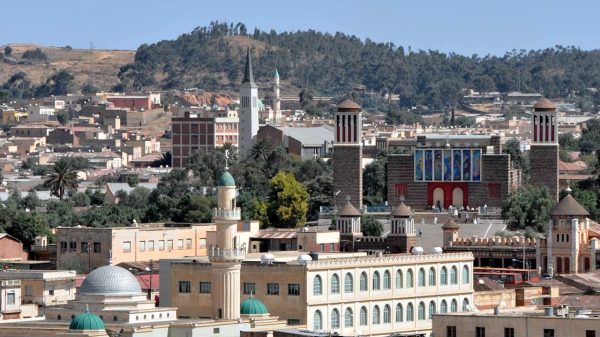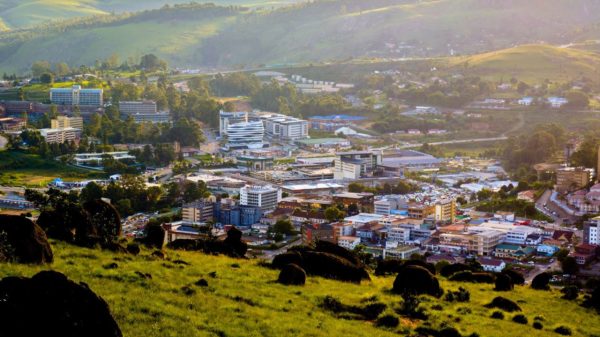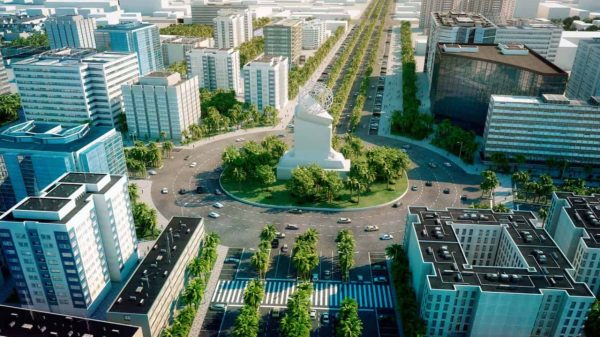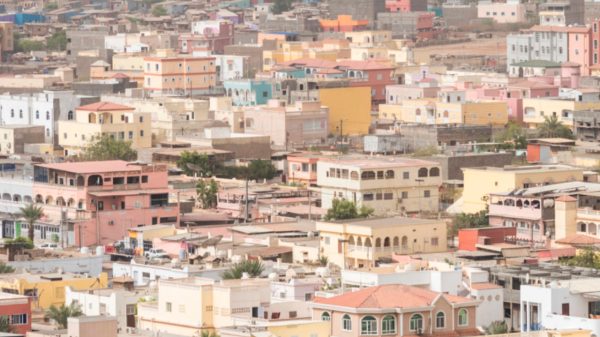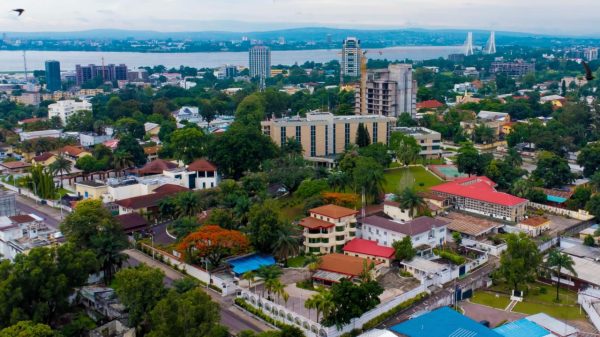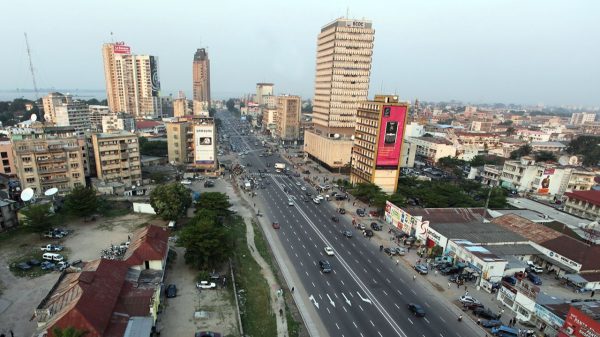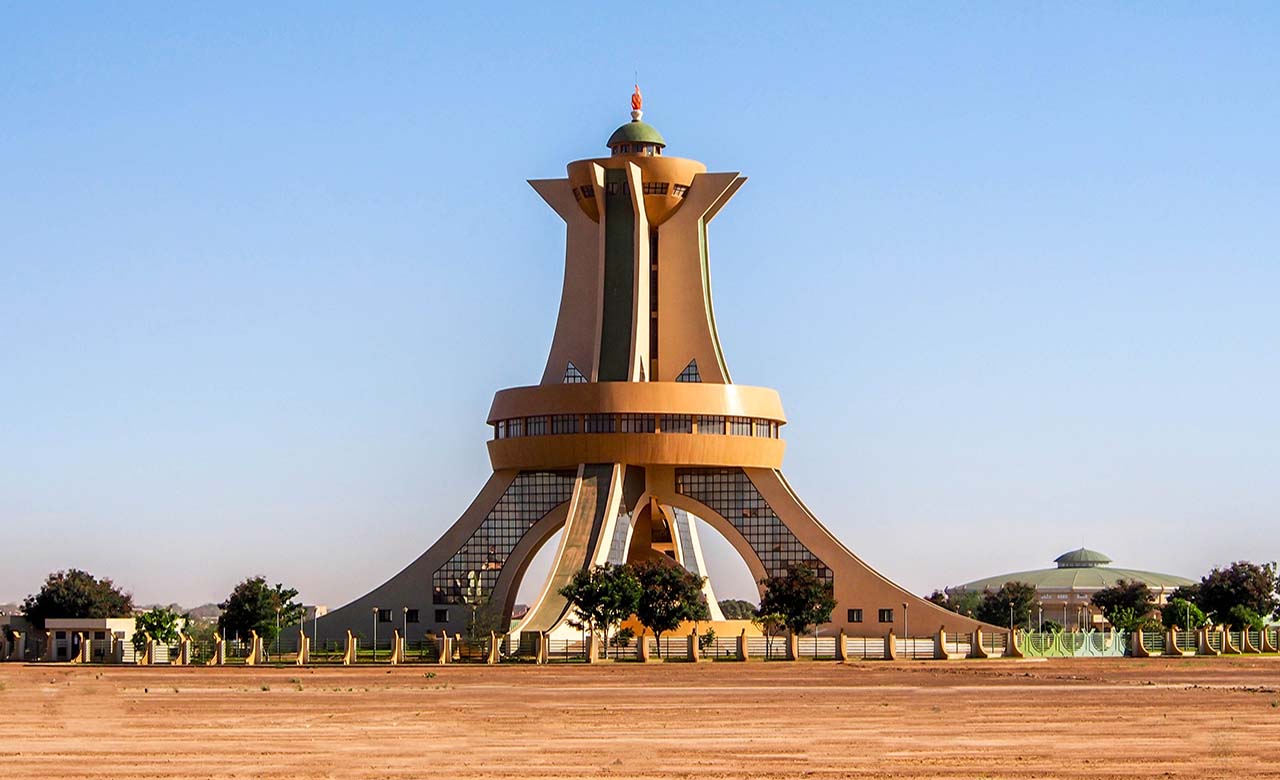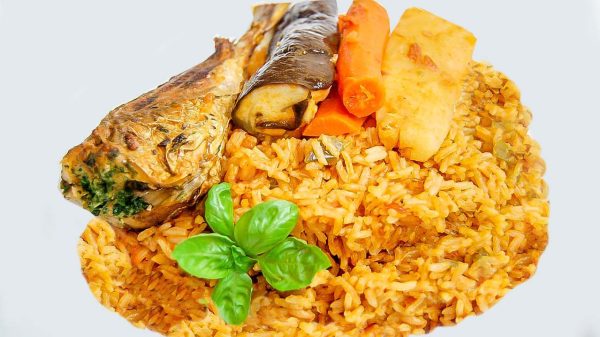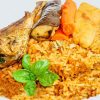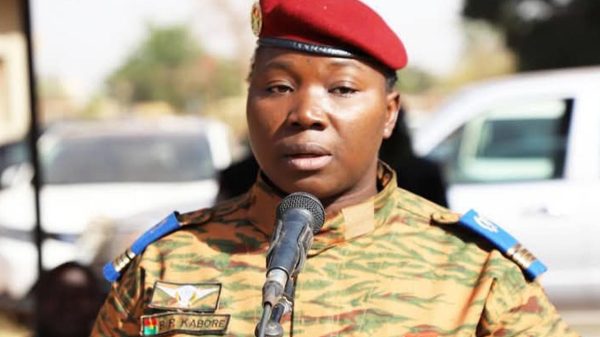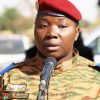Burkina Faso, a landlocked nation in West Africa, offers a rich tapestry of history, culture, and resilience.
Despite facing economic challenges and political instability, the country boasts a vibrant cultural scene, diverse ethnic groups, and significant contributions to African arts and cinema. From its ancient kingdoms to contemporary festivals, Burkina Faso’s story is one of enduring spirit and cultural pride.
1. A Multilingual Nation with Over 70 Languages
Burkina Faso is a linguistically diverse country where over 70 languages are spoken. The most widely spoken language is Mooré, used by approximately 52.5% of the population, primarily in the central region around the capital, Ouagadougou. Other significant languages include Dyula, spoken in the west, and Fula (Peul), prevalent in the north and east. In 2024, the government elevated Mooré, Bissa, Dyula, and Fula to official language status, while French and English were designated as working languages. This multilingual fabric reflects the country’s rich ethnic diversity and cultural heritage.
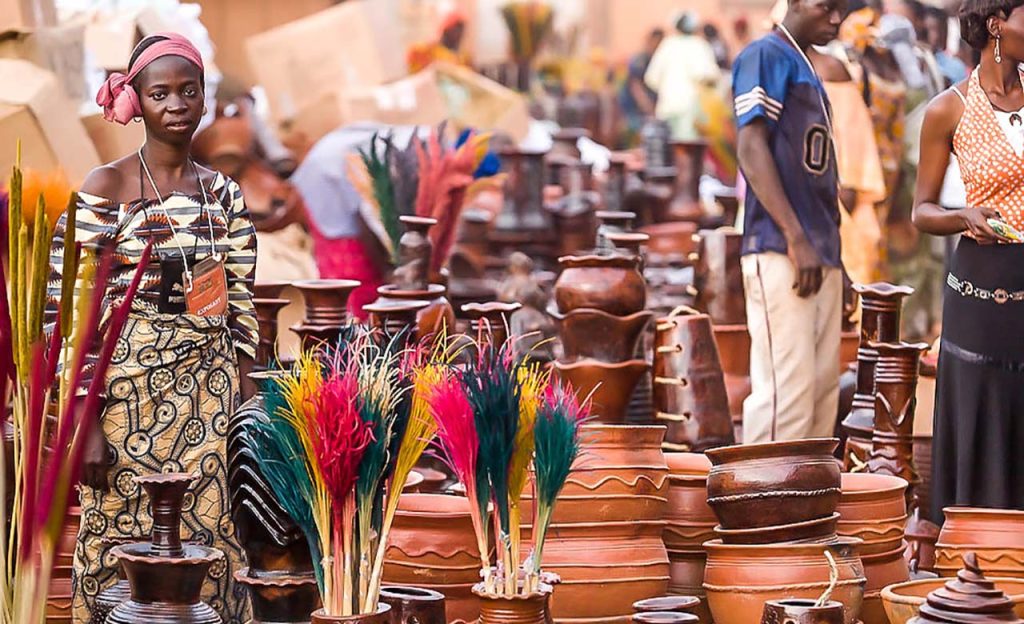
2. Home to Africa’s Largest Film Festival: FESPACO
Burkina Faso hosts the Pan-African Film and Television Festival of Ouagadougou (FESPACO), the continent’s largest film festival. Established in 1969, FESPACO is held biennially in Ouagadougou and serves as a premier platform for African filmmakers to showcase their work. The festival features a range of categories, including feature films, documentaries, and short films, and awards the prestigious Étalon d’Or (Golden Stallion) to outstanding entries. FESPACO not only celebrates African cinema but also fosters cultural exchange and artistic development across the continent.
3. A Youthful Population: Over 65% Under 25
Burkina Faso has a notably young population, with over 65% of its citizens under the age of 25. This youthful demographic presents both opportunities and challenges. While it offers a dynamic workforce and potential for innovation, the country faces hurdles in providing adequate education, employment, and healthcare services to meet the needs of its young populace. Addressing these challenges is crucial for the nation’s sustainable development and social stability.
4. Gold: The Backbone of the Economy
Gold mining is a central pillar of Burkina Faso’s economy, making the country Africa’s fifth-largest gold producer. The mining sector has attracted significant foreign investment and contributes substantially to national exports. However, the industry also faces issues such as environmental concerns, labor disputes, and the need for equitable distribution of mining revenues. Ensuring responsible and inclusive mining practices remains a key economic and social priority.
5. Rich Artistic Traditions and Handicrafts
Burkina Faso is renowned for its vibrant arts and crafts scene, reflecting the country’s diverse cultural heritage. Artisans produce a wide array of traditional items, including woven textiles, bronze sculptures, and intricately carved wooden masks used in ceremonial dances. The International Art and Craft Fair, Ouagadougou (SIAO), is one of Africa’s most significant handicraft fairs, attracting artists and buyers from across the continent and beyond. These artistic expressions not only preserve cultural identities but also contribute to the local economy and tourism.
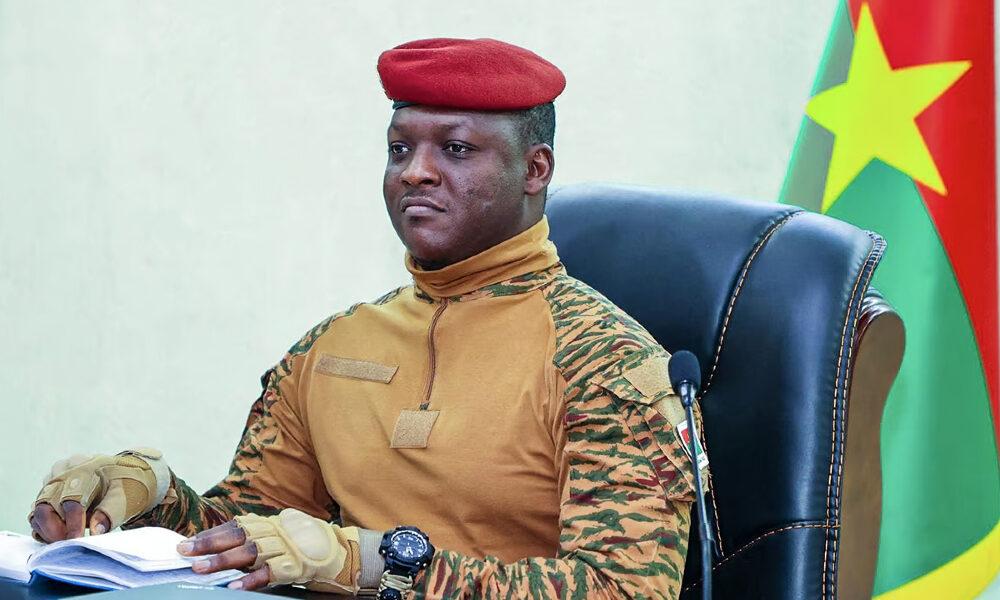
6. A History of Political Turbulence
Burkina Faso has experienced considerable political instability since gaining independence in 1960. Notably, in 1983, Captain Thomas Sankara seized power and implemented progressive reforms before his assassination in 1987. In recent years, the country has witnessed multiple coups, with the most recent occurring in 2022, leading to the rise of Captain Ibrahim Traoré as the transitional president. These political upheavals have impacted governance and development, underscoring the need for stable and democratic institutions.
7. Captain Ibrahim Traoré
Since assuming leadership in September 2022, Captain Ibrahim Traoré has initiated significant reforms in Burkina Faso. His administration has focused on economic self-reliance, notably clearing the nation’s $4.7 billion external debt and rejecting loans from international financial institutions. Efforts to boost local industries include establishing tomato processing plants and a state-of-the-art gold mine. Agricultural productivity has improved, with notable increases in tomato, millet, and rice production. Infrastructure projects, such as the construction of the Ouagadougou-Donsin Airport, aim to enhance connectivity.
8. Architectural Innovation by Diébédo Francis Kéré
Burkinabé architect Diébédo Francis Kéré gained international acclaim by winning the 2022 Pritzker Architecture Prize. Kéré is celebrated for his sustainable and community-focused designs, often utilizing local materials and traditional building techniques. His notable projects include the Gando Primary School and the Burkina Institute of Technology, which exemplify how architecture can address environmental challenges and empower communities. Kéré’s work has become a symbol of innovation and social responsibility in architecture.
9. A Landlocked Nation with Diverse Landscapes
Burkina Faso is a landlocked country bordered by six nations: Mali, Niger, Benin, Togo, Ghana, and Côte d’Ivoire. Despite its lack of coastline, the country boasts diverse landscapes, ranging from the arid Sahel region in the north to fertile savannas in the south. This geographical diversity supports various agricultural activities and hosts several wildlife reserves, contributing to the nation’s ecological richness and potential for eco-tourism.
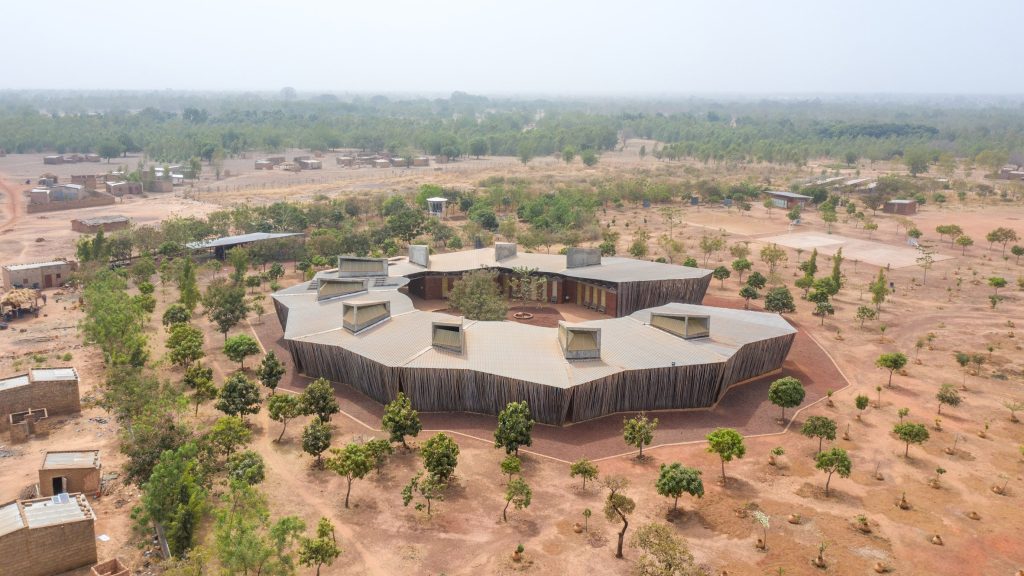
10. Ouagadougou: A Cultural and Economic Hub
Ouagadougou, the capital and largest city of Burkina Faso, serves as the country’s administrative, cultural, and economic center. With a population exceeding 2.4 million as of 2019, the city is known for its vibrant markets, such as the Grand Marché, and cultural institutions like the National Museum of Burkina Faso. Ouagadougou also hosts major events, including FESPACO and SIAO, reinforcing its status as a hub for arts and commerce in West Africa.
Subscribe to our Newsletter
Stay updated with the latest trends in African Pop Culture!

